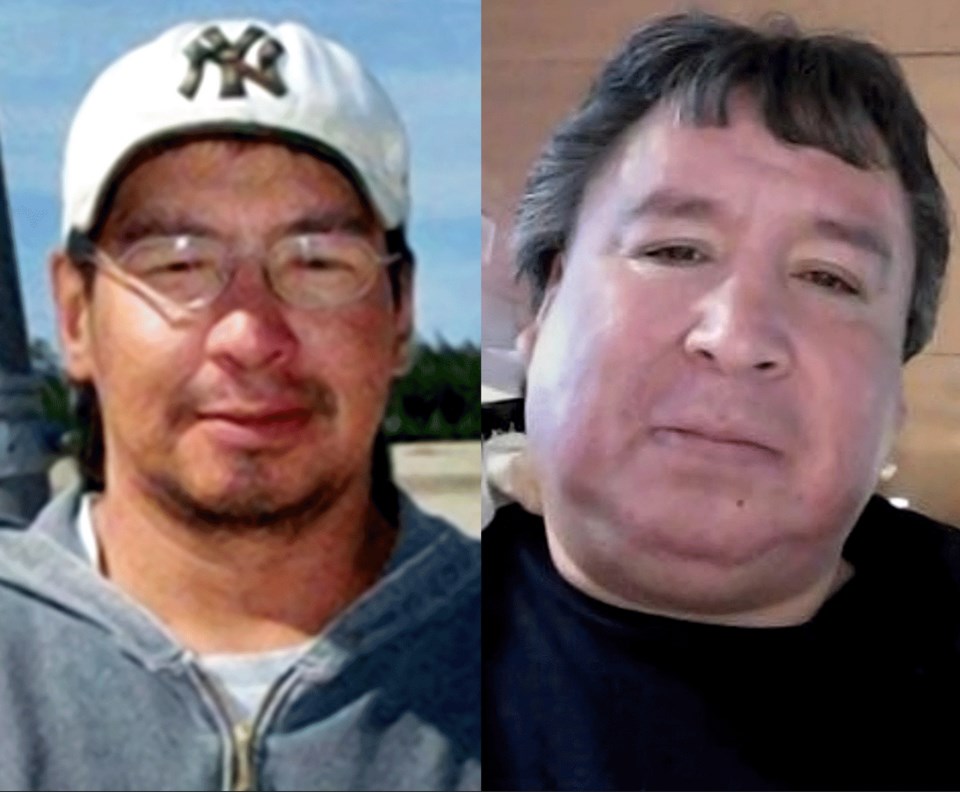THUNDER BAY — Nishnawbe Aski Nation Grand Chief Derek Fox is calling for the immediate implementation of recommendations handed down by the jury in the coroner’s inquest examining the circumstances surrounding the deaths of two Indigenous men while in police custody.
The coroner’s inquest into the deaths of Don Mamakwa and Roland McKay concluded last Friday with the four-person jury handing down 35 recommendations to the province and several involved organizations including the Thunder Bay Police Service and police services board, Superior North EMS, and the Thunder Bay Regional Health Sciences Centre.
“We commend the jury, and we thank them for these insightful recommendations. They recognized that there are serious flaws in the system. The jury has provided a blueprint for meaningful change, and this community needs assurances that these recommendations will be acted on,” Fox said in a statement.
Throughout the 17-day inquest, more than 30 individuals testified, revealing numerous failures on the part of first responders, policies in the Thunder Bay Police Service, the role racism and unconscious bias played in dealing with marginalized individuals, and a lack of services available in the city for those struggling with addictions.
Both Mamakwa and McKay were arrested for public intoxication and placed in custody at the Thunder Bay Police Service headquarters. Mamakwa, 44, of Kasabonika Lake First Nation died while in custody on Aug. 3, 2014. McKay, 50, of Kitchenuhmaykoosib Inninuwug First Nation died on July 20, 2017.
The recommendations handed down by the jury include creating a task force to look into establishing a sobering centre in the city, as well as expanding the number of detox beds available.
Numerous recommendations also focused on training for first responders, including police and paramedics, which should include a history of colonization and Indigenous culture.
“There have been many recommendations to prevent racism and premature deaths of Indigenous People over the years, but little action has been taken,” Fox said. “We are prepared to assist with a process for implementation and accountability, and we look for firm commitments from everyone involved.”
Family members of Mamakwa and McKay attended the inquest every day and welcomed the jury’s recommendations at the conclusion.
“This inquest has been a long and difficult process for the families, friends, and communities of these men,” Fox said. “We recognize their strength, resiliency, and unwavering resolve to uncover the truth behind the loss of their loved ones, and we thank them for attending this inquest for the past four weeks.”
The family of Mamakwa was calling on the jury to determine his manner of death was homicide, but ultimately ruled it to be undetermined.
“We share the family’s disappointment that Don Mamakwa’s death was not deemed as homicide, but we hope that finally knowing the truth about what happened to their loved ones can help these families begin their healing journeys,” Fox said.
The Office of the Chief Coroner will communicate with all parties involved within in the next six months to determine if any plans on implementation of recommendations are in place.
